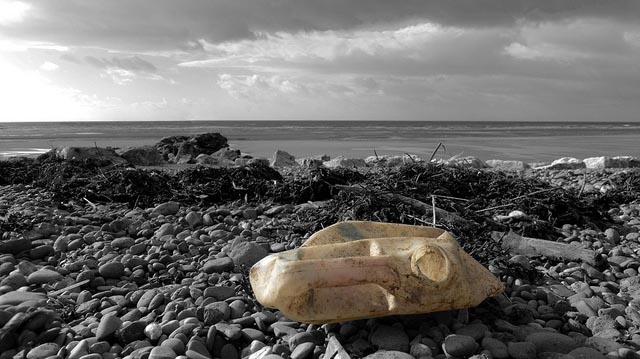
Source: Independent
Tiny pieces of plastic from waste end up in the ocean, in fish and in our bodies. This plastic can come from microbeads in exfoliant soaps, fibers from clothing when it is washed, and years of eroded larger plastic, end up in the ocean to be consumed by fish, and ultimately affects those who eat fish.
The Plastic Oceans Foundation submitted a report to The House of Commons’ Environmental Audit Committee discussing the negative impact of microplastics on human health. They noted that plastic, which contains toxic chemicals like bisphenol, ends up in our oceans, embedded in the flesh of fish that is consumed by humans. The plastic particles enter the endocrine system, affecting hormones that govern growth, sexual development and metabolism. The report found these microplastics to be present in North Sea mussels and Atlantic oysters.
Later this year, Plastic Oceans will release a film titled “A Plastic Ocean” to highlight this growing consequences of waste on the environment, marine life and human health.
Read full story at: Independent
